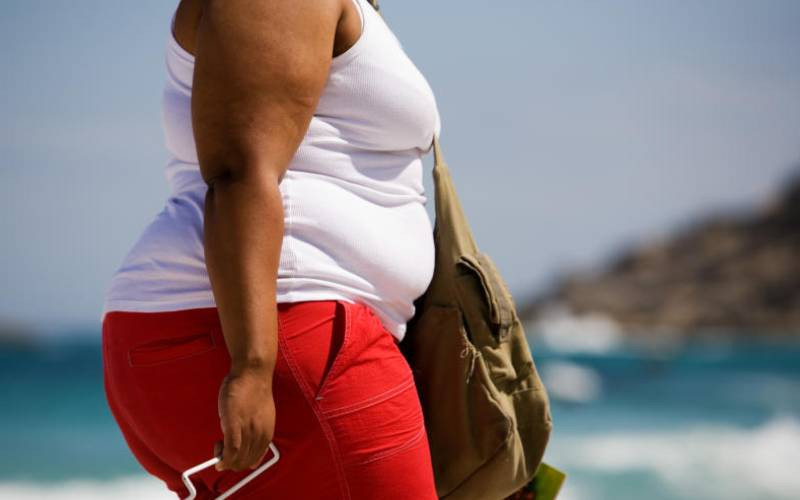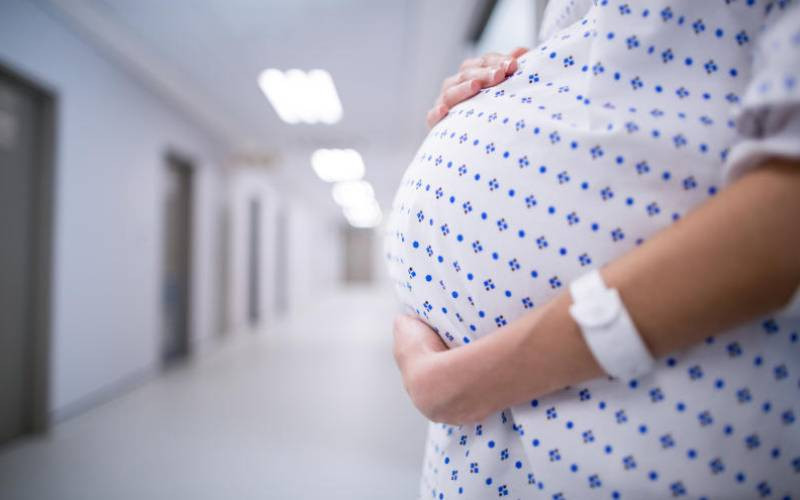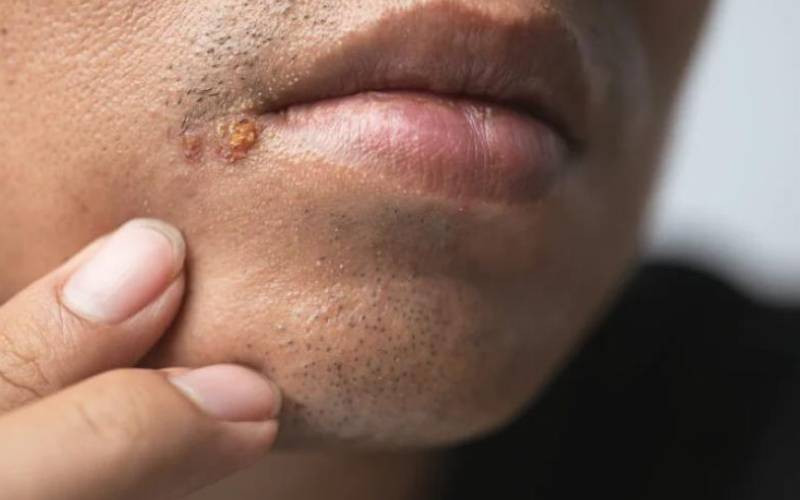
Dear Dr Ombeva,
For the last four days, my left breast has been swollen and tender, with a crack near the inner side of the nipple. I have had fever, headache and a sore throat for about five days now. I have a three-month-old baby who I exclusively breastfeed.
The doctor who checked my breast in a nearby clinic said it has an abscess and they need to operate on it to drain the abscess. I have been started on medication too. My question is do I continue to feed my baby on this breast?
Hawa
Dear Hawa,
Thank you for your question. Most mothers who have just delivered, especially in the first two months, can get breast engorgement, where the breast fills with milk more than the child can consume. The best advice here usually is to feed the baby as much as possible and alternatively express the milk and pour until such a time the baby has grown to adequately feed on all the milk and empty the breast.
Your problem, however, is different, because it is not the usual filling up of breast and engorgement, but breast infection, commonly caused by bacteria, called mastitis. Bacterial mastitis occurs in some nursing mothers especially between two and five weeks post-delivery. It can be prevented by good breast hygiene and hand-washing, and by regular emptying of the breast.
So the best advice is you feed the baby on the opposite breast, and do manual expression of the milk (and discard it) from the sick breast to avoid further milk stasis. Treatment for bacterial mastitis includes adequate breast emptying, rest, hydration, and antibiotic therapy as prescribed by your doctor.
The doctor will do surgery on the breast to drain the abscess, and once healed and you complete your 5-7 days of antibiotics, you can resume feeding the baby on this breast. Remember that when there is no infection, and a breast is just filled up or engorged as commonly occurs in most nursing mothers 1-2 months after delivery, the baby is the most efficient remover of milk; and in those situations usually there is no significant risk to the baby of infection since the cause is not usually bacteria.
So in that case an effective way to express milk from your breast is to continue breastfeeding your baby or expressing milk by hand or by using a pump. And keep observing your baby for any signs of infection, including fever, vomiting, and refusal to feed or irritability.
— Dr Ombeva Malande is a paediatrics and child health expert
 The Standard Group Plc is a multi-media organization with investments in media platforms spanning newspaper print
operations, television, radio broadcasting, digital and online services. The Standard Group is recognized as a
leading multi-media house in Kenya with a key influence in matters of national and international interest.
The Standard Group Plc is a multi-media organization with investments in media platforms spanning newspaper print
operations, television, radio broadcasting, digital and online services. The Standard Group is recognized as a
leading multi-media house in Kenya with a key influence in matters of national and international interest.










